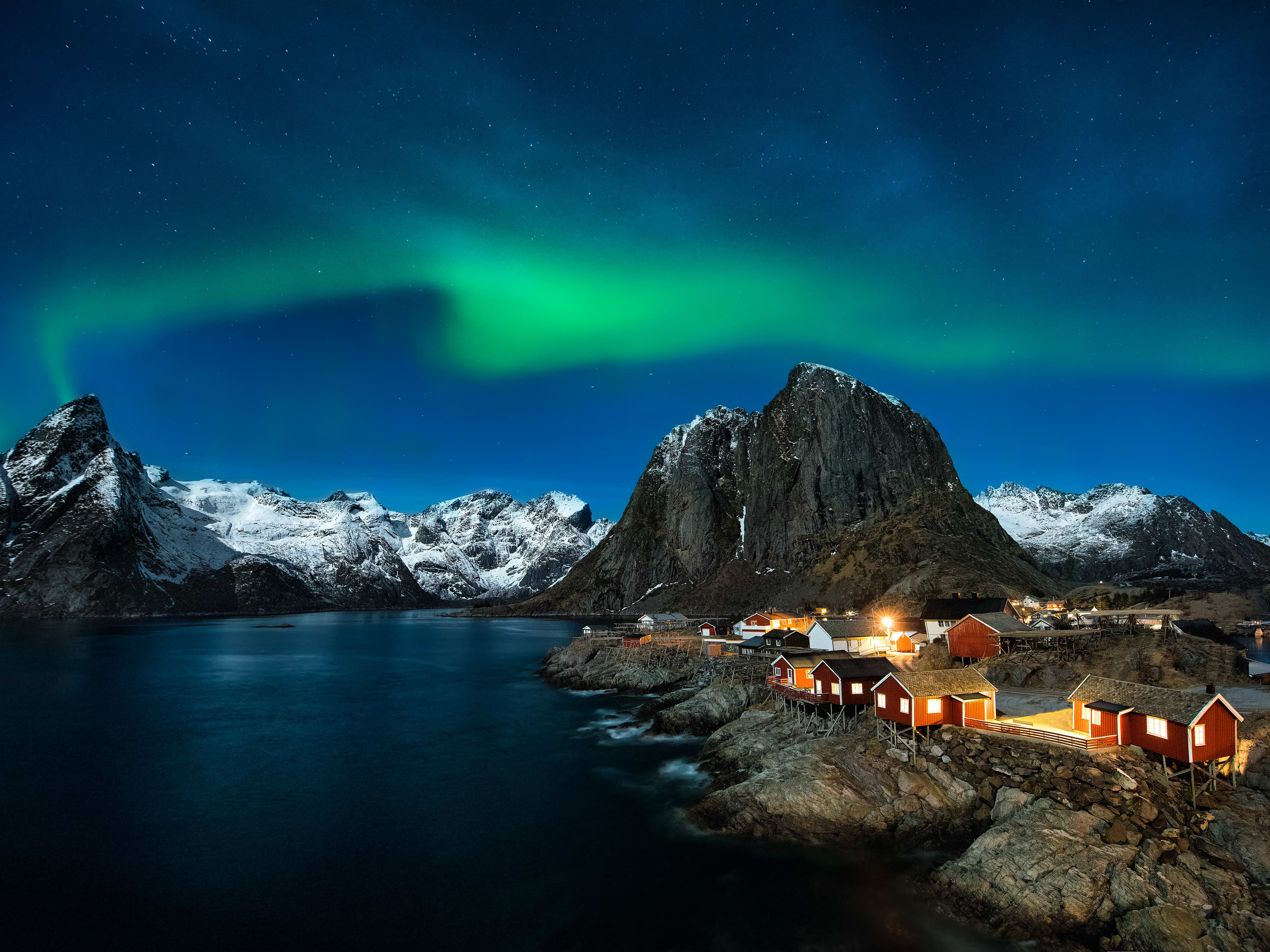Cleanliness is a crucial aspect of a healthy and sustainable environment. Many countries around the world have made significant efforts to prioritize cleanliness, implementing measures to preserve their natural landscapes and reduce pollution. In this article, we will explore the top 10 cleanest countries in the world and delve into the reasons behind their exceptional cleanliness.
Sweden: The Cleanest Country in the World
Sweden consistently ranks as one of the cleanest countries globally due to its unwavering commitment to environmental sustainability. The country has implemented rigorous waste management systems, recycling a remarkable 99% of its household waste. Additionally, Sweden heavily invests in renewable energy sources such as wind and hydroelectric power, minimizing its reliance on fossil fuels.

These initiatives, coupled with strict environmental regulations, have led to improved air quality and the preservation of Sweden’s stunning natural landscapes.

New Zealand: Renowned for its Clean Environment
New Zealand is renowned for its pristine environment and picturesque landscapes. The country boasts crystal-clear lakes, majestic mountains, and lush forests, all carefully maintained and protected.

New Zealand has implemented comprehensive policies to safeguard its flora and fauna, including an extensive network of national parks and conservation areas. By prioritizing eco-tourism and sustainable practices, New Zealand ensures the preservation of its clean and unspoiled environment.

Switzerland: A Nation with Pristine Natural Landscapes
Switzerland is widely admired for its breathtaking natural beauty and meticulously maintained surroundings. The Swiss have a deep appreciation for their environment, and this is evident in their commitment to cleanliness. From the immaculate streets of Zurich to the pristine Alpine meadows,

Switzerland sets high standards for waste management and cleanliness. The country also places a strong emphasis on public transportation, reducing both congestion and air pollution.

Finland: High Environmental Standards and Clean Practices
Finland stands out as a leader in environmental sustainability and clean practices. The country places a strong emphasis on environmental education, ensuring that its citizens are well-informed about the importance of preserving nature.

Finland’s extensive network of national parks and protected areas showcases its dedication to maintaining the cleanliness of its natural landscapes. Moreover, Finland has implemented innovative waste management systems, including recycling programs and energy-efficient technologies.

Canada: Known for its Clean Air and Vast Wilderness
Canada is renowned for its vast wilderness and clean air, making it an ideal destination for nature enthusiasts. The country takes pride in protecting its pristine landscapes and has stringent regulations in place to minimize pollution.

Canada’s commitment to clean energy sources, such as hydroelectric power, further contributes to its reputation as one of the cleanest countries in the world. Efforts to preserve the Arctic region and reduce greenhouse gas emissions demonstrate Canada’s dedication to environmental conservation.

Iceland: Pure Air and Unspoiled Nature
Iceland‘s unspoiled nature and pure air make it a standout among the cleanest countries globally. The country benefits from its geographical location, surrounded by the Atlantic Ocean and free from many industrial pollutants.

Iceland harnesses its abundant geothermal resources to generate clean and renewable energy, reducing reliance on non-renewable alternatives. With strict environmental regulations in place, Iceland ensures the preservation of its pristine environment for future generations.

Denmark: Focus on Sustainable Living and Cleanliness
Denmark consistently ranks high in cleanliness indexes due to its focus on sustainable living and cleanliness practices. The Danish government encourages cycling and walking as primary modes of transportation, reducing both traffic congestion and pollution.

Denmark’s cities prioritize green spaces and have implemented effective waste management systems, resulting in clean streets and efficient recycling programs. By promoting eco-friendly initiatives, Denmark leads the way in sustainable urban development.

Norway: Emphasizing Environmental Conservation and Purity
Norway‘s commitment to environmental conservation and purity sets a remarkable example for the rest of the world. The country places great importance on preserving its natural heritage, including its fjords, forests, and wildlife.

Norway has implemented strict regulations to reduce pollution, particularly in its maritime activities, ensuring clean waters and protecting marine life. The use of renewable energy sources, such as hydropower and wind energy, further contributes to Norway’s cleanliness achievements.

Australia: Commitment to Clean Energy and Sustainable Practices
Australia‘s vast landscapes and natural wonders have inspired a strong commitment to environmental preservation and cleanliness. The country has made significant strides in adopting clean energy sources, with solar power being particularly prevalent due to abundant sunshine.

Australia’s coastal regions boast pristine beaches and clear waters, protected by comprehensive environmental regulations. The conservation of the Great Barrier Reef, one of the world’s most biodiverse ecosystems, highlights Australia’s dedication to maintaining the cleanliness of its environment.

Austria: Clean Air, Water, and Efficient Waste Management
Austria is known for its clean air, water, and efficient waste management practices. The country prioritizes environmentally friendly policies and has achieved impressive results in renewable energy production. Austria’s alpine landscapes are carefully maintained, providing clean air and serving as excellent habitats for diverseflora and fauna.

The Austrian government has implemented strict regulations to control emissions and maintain high air quality standards. Additionally, the country’s efficient waste management systems, including recycling and composting programs, contribute to Austria’s cleanliness and sustainability.

==>Top 10 UNESCO World Heritage Sites in Europe
In conclusion, the top 10 cleanest countries in the world have set exemplary standards for environmental sustainability and cleanliness. Through their commitment to renewable energy, waste management, and stringent regulations, these countries have successfully preserved their natural landscapes, reduced pollution, and ensured the well-being of their citizens. By prioritizing cleanliness and sustainable practices, they serve as role models for other nations to emulate in the global effort to create a cleaner and healthier planet.


















